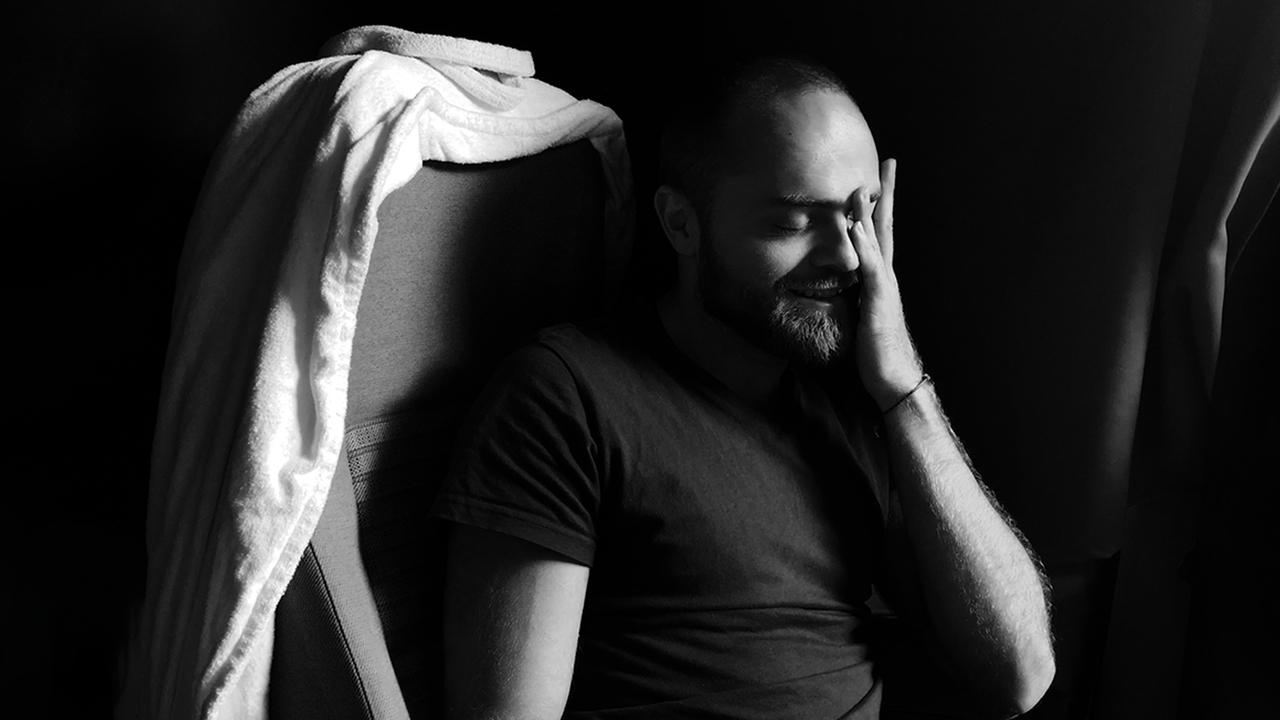
My Film with Andrei, Or: How I Learned to Stop Worrying and Document a Sex Party.(2021)
But will they cum?
A crypto-trader and an ex-clergyman travel to Berlin to throw a sex party. Filmmaker Ayoto Ataraxia documents them and their sex-positive community with a phone during the week leading up to the event, discussing sex and life. But will they cum?
Movie: My Film with Andrei, Or: How I Learned to Stop Worrying and Document a Sex Party.
Top 4 Billed Cast
Self
Self
Self
Self
Video Trailer My Film with Andrei, Or: How I Learned to Stop Worrying and Document a Sex Party.
Similar Movies
 6.1
6.1Prinzessinnenbad(de)
A film about three teenagers - Klara, Mina and Tanutscha - from the Berlin district of Kreuzberg. The trio have known each other since Kindergarten and have plenty in common. The three 15-year-olds are the best of friends; they are spending the summer at Prinzenbad, a large open-air swimming pool at the heart of the district where they live. They're feeling pretty grown up, and are convinced they've now left their childhood behind.
 10.0
10.0Trip to Asia: The Quest for Harmony(de)
Journey with the musicians of the Berlin Philharmonic and their conductor Sir Simon Rattle on a breakneck concert tour of six metropolises across Asia: Beijing, Seoul, Shanghai, Hong Kong, Taipei and Tokyo. Their artistic triumph onstage belies a dynamic and dramatic life backstage. The orchestra is a closed society that observes its own laws and traditions, and in the words of one of its musicians is, “an island, a democratic microcosm – almost without precedent in the music world - whose social structure and cohesion is not only founded on a common love for music but also informed by competition, compulsion and the pressure to perform to a high pitch of excellence... .” Never before has the Berlin Philharmonic allowed such intimate and exclusive access into its private world.
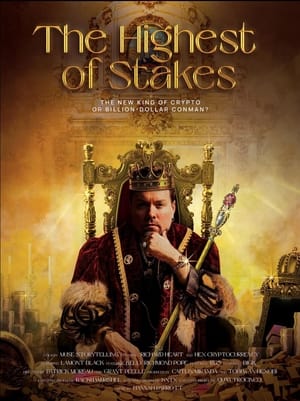 7.5
7.5The Highest of Stakes(en)
Richard Heart embarks on a groundbreaking mission to revolutionize the world of finance. Fueled by his unwavering belief in the potential of blockchain technology. Heart sets out to create a game-changing network called PulseChain…, only to be indicted by the SEC!
 0.0
0.0Boy´s Games(es)
Jaime and Pablo explore and work on their identity by telling us about their experiences and participating in a masculinity theatrical laboratory where we will discover the conflict that led them to question their masculinity. This conflict forced them to question the games they taught us as boys, proposing different games where we learn to care for the people we love.
Parole de King!(fr)
Drag Queens and their cabaret shows are well-known in France, but Drag Kings still remain very much on the sidelines. Chriss Lag traveled all over France and met 22 Kings to bring them front and center.
The Codes of Gender(en)
Arguing that advertising not only sells things, but also ideas about the world, media scholar Sut Jhally offers a blistering analysis of commercial culture's inability to let go of reactionary gender representations. Jhally's starting point is the breakthrough work of the late sociologist Erving Goffman, whose 1959 book The Presentation of the Self in Everyday Life prefigured the growing field of performance studies. Jhally applies Goffman's analysis of the body in print advertising to hundreds of print ads today, uncovering an astonishing pattern of regressive and destructive gender codes. By looking beyond advertising as a medium that simply sells products, and beyond analyses of gender that tend to focus on either biology or objectification, The Codes of Gender offers important insights into the social construction of masculinity and femininity, the relationship between gender and power, and the everyday performance of cultural norms.
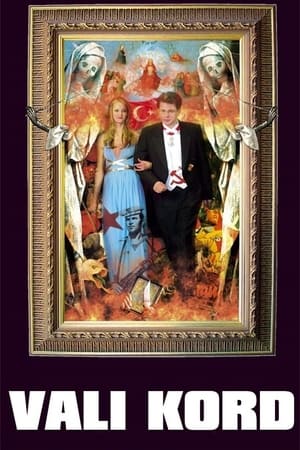 0.0
0.0Choose Order(et)
Scandalous TV journalists Rain Tolk and Ken Saan of Esto TV disguise as nationalists and infiltrate the conservative party Res Publica to expose xenophobia, racism and intolerance.
 7.5
7.5Berlin: Symphony of a Great City(de)
A day in the city of Berlin, which experienced an industrial boom in the 1920s, and still provides an insight into the living and working conditions at that time. Germany had just recovered a little from the worst consequences of the First World War, the great economic crisis was still a few years away and Hitler was not yet an issue at the time.
 1.0
1.0It Is Not the Brazilian Homosexuals Who Are Perverse, But the Situation in Which They Live(pt)
Two queer Brazilians go skinny dipping in a lake where they talk about love, sex, colonialism and migration, on a pandemic summer afternoon in Berlin.
 0.0
0.0Good Men(en)
After the birth of his grandson, Bobby Roth undertakes a cinematic investigation as to what constitutes being a "good man" in today's world. This voyage of discovery leads him to interview more than fifty of his friends, both men and women who he considers to be "good people," about their views on everything from how they were parented to their thoughts on feminism, change, and regrets they might have. Their answers both surprises and enlighten both the viewers and Bobby, himself.
 7.2
7.2I'm a Porn Star: Gay 4 Pay(en)
Welcome to the curious, surprising and always outspoken world of straight men who go Gay4Pay. Curiously, there is a disproportionate percentage of men working in gay porn who identify as straight. Why would a straight man do gay porn? What motivates him to try this or make a career of it? Why is there such keen interest and debate into the sexuality and personal lives of these men? And what does it say about us, the viewer that so much of gay porn is dominated by images of straight men?
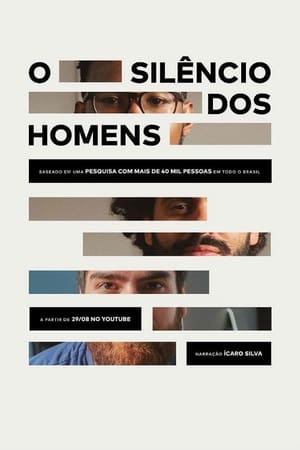 8.5
8.5The Silence of Men(pt)
This film is part of a project that has listened to over 40,000 people on masculinity issues and has resulted in a documentary and a tool book based on this publicly available study through an agreement with the Social Information Consortium (CIS) of the University of São Paulo.
 0.0
0.0The Hidden Buttock of the Male Nude(fr)
Contemporary artists decide to reverse the roles and represent fragile, graceful or strange male bodies, without hesitating to eroticize them.
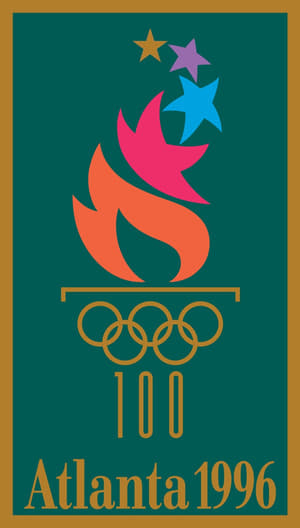 5.0
5.0Spirit of the Games(en)
Documentary examines the history and evolution of the Olympic Games, taking a close look at the Olympic charter, oath and ideals. Also featured are rare home movies and interviews with Olympic athletes and the oldest known color footage of the Olympic Games from Berlin in 1936.
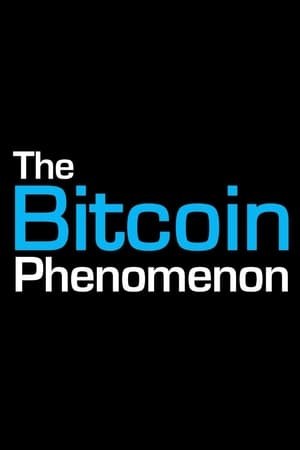 0.0
0.0The Bitcoin Phenomenon(en)
In 2008, an anonymous idealist published a paper under the pseudonym Satoshi Nakamoto which described a digital currency or online payment system; the system was introduced as open-source software in 2009. Four years later, the value of all bitcoins was in the billions of dollars. Bitcoin uses peer-to-peer technology to operate with no central authority or banks; the management of transactions and the issuance of bitcoins is carried out collectively by the network. Because bitcoin is public by design, it is not owned or controlled by any government or bank.
 4.5
4.5100 Years of the UFA(de)
The intricate history of UFA, a film production company founded in 1917 that has survived the Weimar Republic, the Nazi regime, the Adenauer era and the many and tumultuous events of contemporary Germany, and has always been the epicenter of the German film industry.
 6.0
6.0Becoming Black(de)
In the 1960s, a white couple living in East Germany tells their dark-skinned child that her skin color is merely a coincidence. As a teenager, she accidentally discovers the truth. Years before, a group of African men came to study in a village nearby. Sigrid, an East German woman, fell in love with Lucien from Togo and became pregnant. But she was already married to Armin. The child is Togolese-East German filmmaker Ines Johnson-Spain. In interviews with Armin and others from her childhood years, she tracks the astonishing strategies of denial her parents, striving for normality, developed following her birth. What sounds like fieldwork about social dislocation becomes an autobiographical essay film and a reflection on themes such as identity, social norms and family ties, viewed from a very personal perspective.



